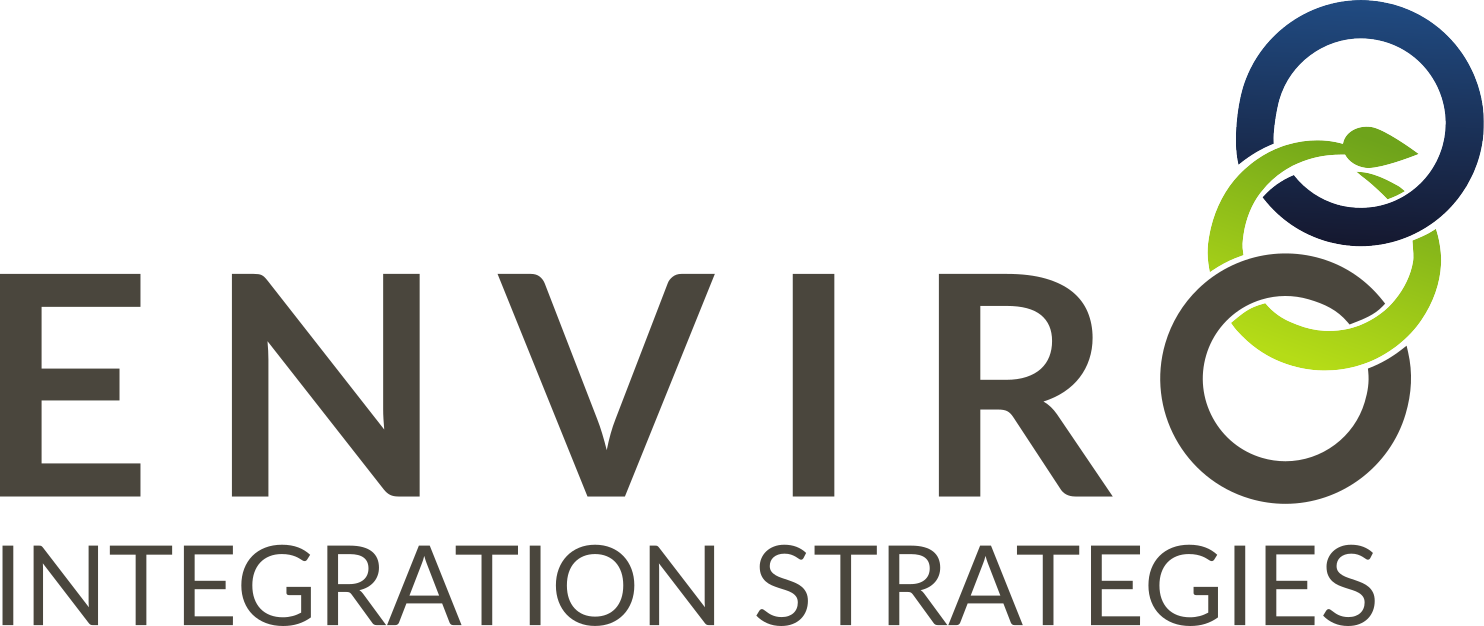Over the past few years, my attention has turned from overall sustainability matters to how we can reduce the risks of mining wastes. There are many opportunities to create value from wastes, and to alter the way that wastes are managed in order to reduce long-term risks to the environment, as well as to society.
Bringing diverse minds together, and applying innovative solutions, we can find ways to eliminate the potential for catastrophic tailings dam failures.
Read MoreAs we experience and respond to the global pandemic, I truly believe that we are in the midst of some unique, significant learning and growth opportunities. This article is about some of the lessons we can learn from the responses to this pandemic, and how we might use these insights to make some changes in the mining industry, specifically focused around our waste management practices.
I am tired of hearing about the regularity of tailings dam failures, and distraught over the growing severity of consequences of the failures of late. In my opinion, it isn’t acceptable to continue creating such high levels of risk. As operators, we shouldn’t have to be creating and managing massive risk management programs, nor practicing massive emergency and evacuation protocols, for materials that we produce. We have control of what we create, to a large degree, if not entirely. And we have the power, and information, to make better decisions. So let’s see how we might do so.
Read MoreNot too long ago I heard the phrase “humanizing the experience” and as I have been dealing a lot with tailings management systems, it made me wonder how one might humanize tailings management, as complex as it is. My hope is that with this article, I’ve at least put it in a context that most people might begin to appreciate and understand.
Read MoreWith recent occurrences of very significant failures, tailings management is a topic that has recently risen to the forefront for mining operators around the world. Are we doing enough to manage the risks associated with tailings, or are there things we could be looking at more closely?
Read MoreIt’s been some time since the CIM conference has passed. So as a technical stream chair, a society vice chair, a session organizer and speaker, I thought I should reflect on the biggest messages that came across and what’s happening now in response to certain recent major incidents in industry.
Read MoreThree things have always stood out when I’ve reflected on the success of a project or change initiative, or the speed at which it advanced. It seems that when these 3 things are present, not only does work advance much quicker, but greater outcomes are the result.
I find it interesting, then, to hear when other people have similar observations, not just in work, but also in life.
Read MoreModern projects of all kinds face innumerable challenges due to increasing scale, complexity, and stakeholder numbers. Failure rates, particularly for industrial and construction projects, have been on the order of 50-70% due to missed milestones, cost overruns, poor quality and dissatisfied customers or high-influencing stakeholders.
If we are a little more proactive, with early engagement with stakeholders, application of Lean processes, and the integration of Sustainability aspects, we can avoid many of these issues.
Read MoreOver a month ago, CIM held it's annual national conference titled "Thinking Differently."
Of course, everyone takes different things away from events like these, and they say "you only hear what you want to hear, only see what you came for." I suspect that is very true for most people, although for me, I do try to come with as open a mind as I can.
That said, I really was keen on listening for what might be "different!" Have we really broken those invisible barriers to change, to really take on and implement new ideas?
Here are my reflections on the event…
Read More









